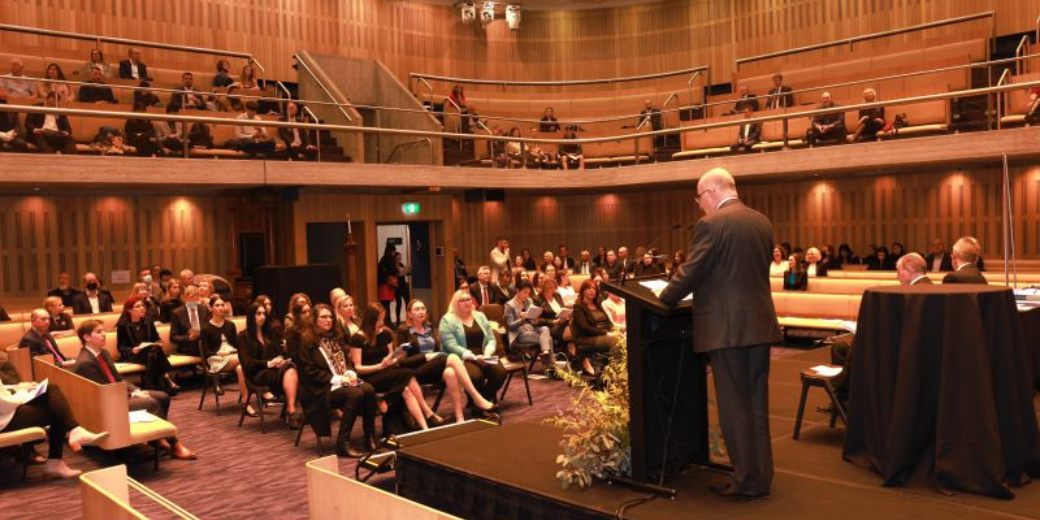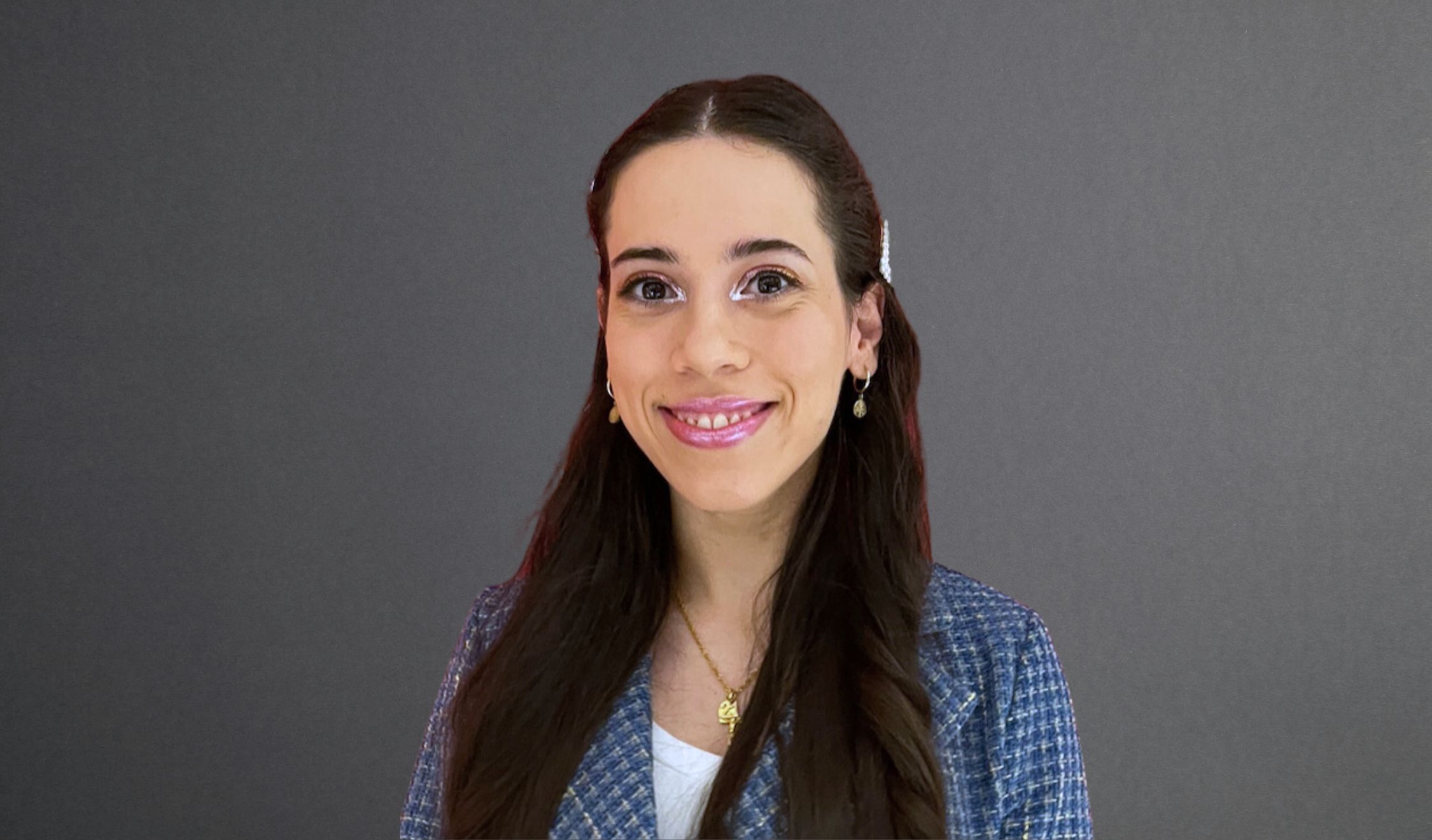Found an area of law you love?
Criminal, commercial, collaborative or anything in between: specialising in your area of interest might be the right next step in your legal career.
From sharpening your knowledge all the way up to specialist accreditation, specialising can open pathways to a role that you’re truly passionate about.
But is it the right move for you?
Read on to learn more about the upsides of specialising, how to fast track your path to specialisation – and what you need to know before you take the leap.
Deeper, richer knowledge
Selecting a speciality and honing your expertise in that area will give your career focus and direction.
What’s more, you will be able to attract – and help – clients with complex problems more easily.
The law is vast. If you try to explore it all, you might only discover a little bit about a lot of areas. You’ll have a hard time convincing clients that you’re an expert in the law in general.
But an expert in a specific area? That’s someone clients will believe – and seek out.
A chance to chase your passion
Property, family, wills and estates, taxation – did your undergraduate degree leave you hungry to learn more about a particular area?
Specialising lets you learn and apply the law you’re passionate about.
And with the option to customise your postgraduate journey, you can study what matters to you – and pave your own path to becoming a specialist.
Better understanding. Better results.
The better you understand your area of practice, the better equipped you are to solve your clients’ problems.
For instance, if your client is selling their business, they’re in safer hands with a commercial law specialist than a generalist.
Like in medicine, general practitioners can take care of everyday hiccups. But it’s the specialists who handle the nitty gritty.
Opportunities at specialist firms
Specialist firms are often exciting places to work.
They don’t just offer more of what you want to do. They attract clients with more complex issues – meaning less run-of-the-mill work, and more opportunity to exercise your legal expertise.
Fast-tracked specialist accreditation
If specialist accreditation is your goal, completing your Master of Laws (LLM) is an important step towards it.
Yes, you can technically become an accredited specialist without an LLM. But, given the high hurdle to gaining accreditation, that will probably only happen if you practise for a very long time.
And the sooner you are accredited, the sooner you will:
- Increase your marketability to employers and clients
- Join a network of industry leaders
- Enhance your profile in the legal community
- Put yourself at the front of potential employers’ candidate queues
- Warrant higher fees and salary
But bear in mind, becoming an accredited specialist is a commitment.
Aside from a higher practising certificate fee, keeping your accreditation also means doubling your CPD requirements. Plus, most of your legal work needs to be in the area for which you are accredited. So it’s best to be sure that area is the one you are set on.
Before you decide…
Specialising will streamline your focus. But as you sharpen your knowledge in one area, you might become less familiar with others.
Our recommendation?
Don’t pigeonhole yourself into an area unless you’re certain it’s for you. Stick with general practice and explore different disciplines to discover your niche.
Then, if you decide to specialise, make it happen as soon as you can.
Serious about specialising?
Postgraduate study at The College of Law is your key to becoming a true specialist.
The best part? You can study your way.
Even if you already work in your preferred field, there’s only so much you can teach yourself.
Fill the gaps in your knowledge alongside fellow practitioners. Make meaningful connections – both professional and personal. And discover resources that will support you throughout your career.
Explore our specialisation options or chat with one of our Customer Engagement Officers today.






















































![How to handle Direct Speech after Gan v Xie [2023] NSWCA 163](https://images4.cmp.optimizely.com/assets/Lawyer+Up+direct+speech+in+drafting+NSW+legislation+OCT232.jpg/Zz1hNDU4YzQyMjQzNzkxMWVmYjFlNGY2ODk3ZWMxNzE0Mw==)




































